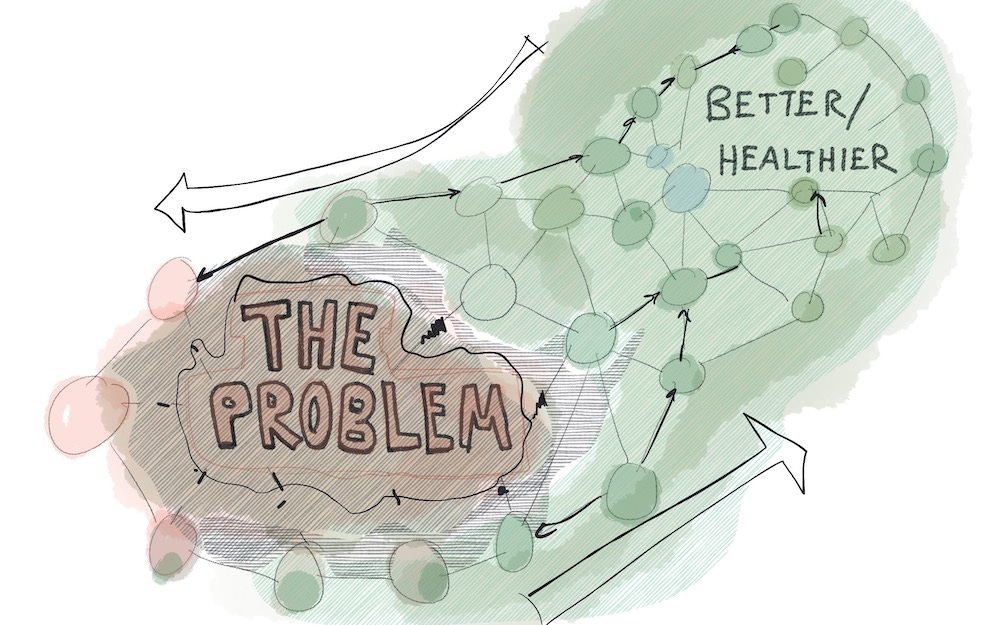"Why can't this be like The Redesign?"
"What do you mean?"
"The Redesign was such an amazing project. It shipped on time. We won awards for it. Customers seemed to like it. Everyone seemed committed. And now, I don't know. We're not executing. There's no sense of urgency."
</scene>
Have you had a mythical past effort hung over your team's head? Or heroic stories from a past era — back when "things just got done"? The mysterious part of this, in my experience, is that people seem to have amnesia about what happened:
The CEO cleared the decks so the team could focus.
Everyone involved committed to a daily meeting and worked to remove blockers immediately.
The team had direct access to customers. The team was able to chose its stack and tools.
It was early in the company's history, and there was no shortage of "low hanging fruit" to address. The company was selling to a single, early-adopter persona.
Work did just get done, but the team cut corners that they later had to address. The effort was not sustainable.
An example from my career.
A team split between two countries was the "problem team". There was lots of finger pointing and comparing. Why can't they get it together like Team X? I kept trying to defend the team by explaining the extenuating circumstances, but that made matters worse.
Luckily, things took a turn for the better. And I learned a lesson.
A new architect joined the company. First, he got everyone in the same room (before it was a mess of meetings between middle managers). They committed to resolve one issue a day during that meeting, even if it took a couple hours. Over the course of the next month they were able to get the initiative back on track.
I have no magic cure for this, but I have two thoughts (based on my experience):
Once people have formed their narratives of past events, it can be very difficult to change that narrative. I'd argue that trying to do so is a losing proposition and actually makes the situation worse. They feel threatened. You get bitter.
Instead, focus on supporting an environment where a new, compelling narrative can emerge. In the example above, the architect nudged the system. In a couple months, other teams were asking for details.
"Starve" the problem, and the tired old stories, by supporting something better and healthier. Along with your teammates, write a better story.

I’ve put up recordings from my lab series here (no sign up needed):
https://amplitude.com/webinars/lab-hours-with-john-cutler-europe-recordings
If you like what you see, please sign up for the final lab: here:https://amplitude.com/webinars/lab-hours-with-john-cutler-europe




Hi John, thanks for the inspiring post. Building on your two thoughts of addressing the challenge, you can explore the "Systems Aikido" concept shared by the Systems Innovation team in their "Systems Change Guide" [1]. Do you think it's helpful?
Kind regards from Romania,
Bülent
[1] Link: https://systemsinnovation.io/systems-change-guide